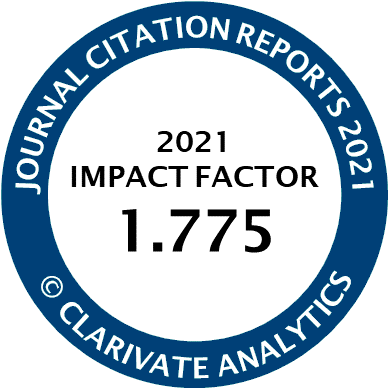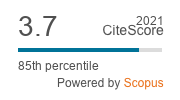Article | Open Access
Loud and Negative: Exploring Negativity in Voter Thoughts About Women and Men Politicians
| Views: | 212 | | | Downloads: | 115 |
Abstract: Negative information about political candidates is readily available in contemporary political communication. Moreover, negativity is tightly connected to gendered expectations about what constitutes appropriate behavior for politicians. Yet, existing theoretical models of negativity and candidate evaluation typically do not address the role of gender and the available empirical evidence remains inconclusive regarding the electoral consequences of the interaction of negativity and gender. This article tackles these gaps in two studies to investigate how negativity manifests in voters’ thoughts about women and men politicians in response to negative media cues and how these thoughts affect vote preference. Study 1 uses a mixed methods think-aloud approach to trace the first impression formation and subsequent decision-making process (N = 78). Study 2 replicates the design as an online thought listing survey experiment (N = 142). A similar quantitative pattern emerges across both studies: (a) Negative cues elicit similar amounts of negativity in voters’ thoughts for women and men politicians, (b) these negative thoughts strongly lower candidates’ electoral chances, (c) but less so for women candidates. The qualitative analysis suggests that negative cues heuristically affect earlier stages of impression formation while voters are likely to rely on gender cues when they rationalize their vote decision.
Keywords: candidate evaluation; gender; negativity; think aloud; thought listing
Published:
Supplementary Files:
© Tobias Rohrbach. This is an open access article distributed under the terms of the Creative Commons Attribution 4.0 license (http://creativecommons.org/licenses/by/4.0), which permits any use, distribution, and reproduction of the work without further permission provided the original author(s) and source are credited.



